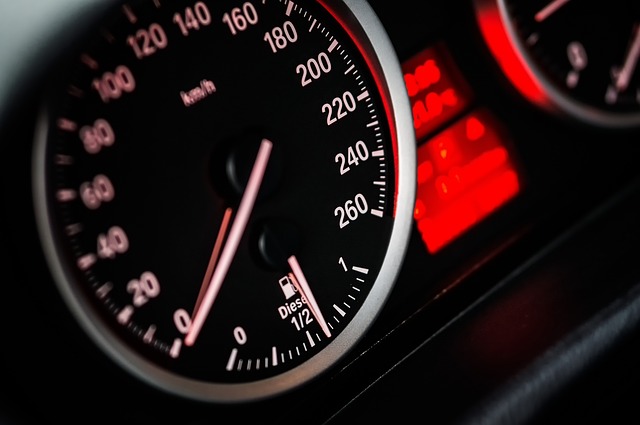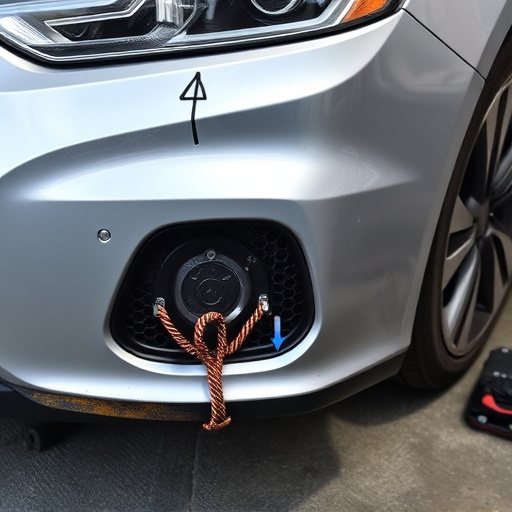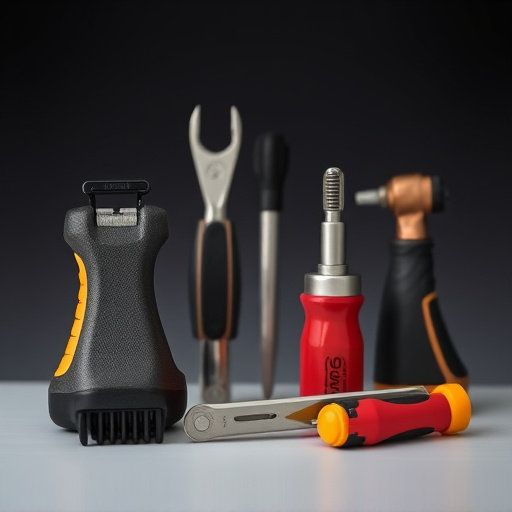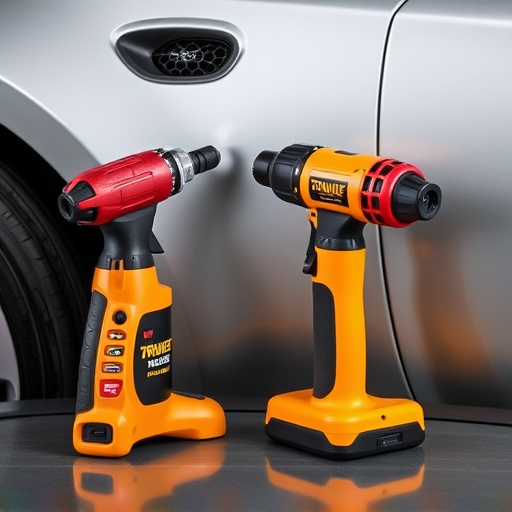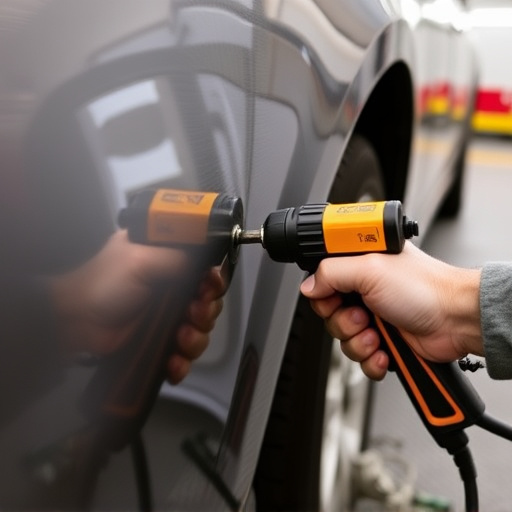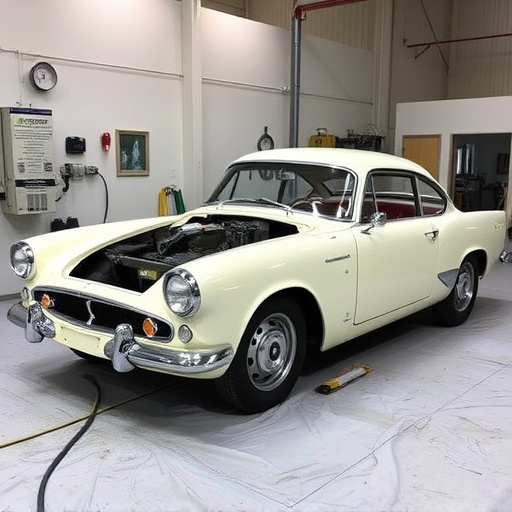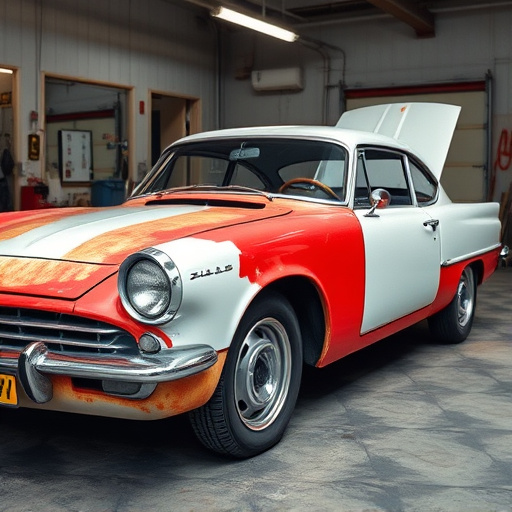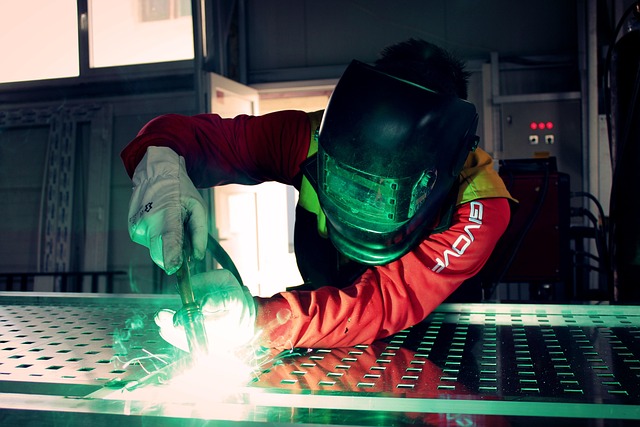Mercedes grille replacement requires careful disassembly, precise measurement, and sensor recalibration to avoid misalignments and maintain safety systems like adaptive cruise control and lane-keeping assist. Custom designs or changes in grille angle may impact sensors, emphasizing the importance of professional installation and checking for potential interference from a reputable auto collision center specializing in Mercedes benz collision repair.
Considering a Mercedes grille replacement? It’s more than just an aesthetic upgrade. The process can significantly impact your car’s sensor functions, affecting everything from safety systems to navigation. This article delves into the intricate details of Mercedes grille replacement, exploring how it influences sensor performance and offers vital tips for ensuring safe operation post-replacement. Understand the potential implications and make informed decisions regarding this popular modification.
- Understanding Mercedes Grille Replacement Process
- Impact on Sensor Functionality: What to Expect
- Ensuring Safe Operation After Grille Replacement
Understanding Mercedes Grille Replacement Process
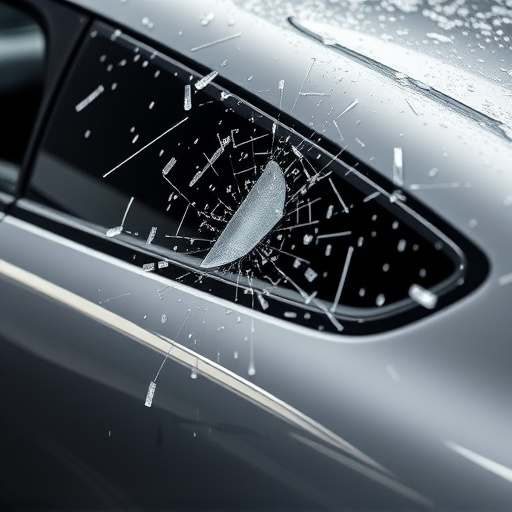
When considering a Mercedes grille replacement, understanding the process is key to ensuring optimal performance and maintaining your vehicle’s integrity. It involves careful disassembly, precise measurement, and sometimes even sensor recalibration. The first step is removing the old grille, which may require detaching various components connected to it, such as lights or sensors.
Once the old grille is off, the new one needs to be fitted accurately to avoid any misalignments. This process often includes calibrating sensors that are integral to your vehicle’s safety and performance systems. Automotive restoration experts recommend a professional approach to ensure these delicate adjustments are made correctly, thereby guaranteeing seamless operation of sensors crucial for tasks like adaptive cruise control or lane-keeping assist—all part of modern vehicle body repair services.
Impact on Sensor Functionality: What to Expect
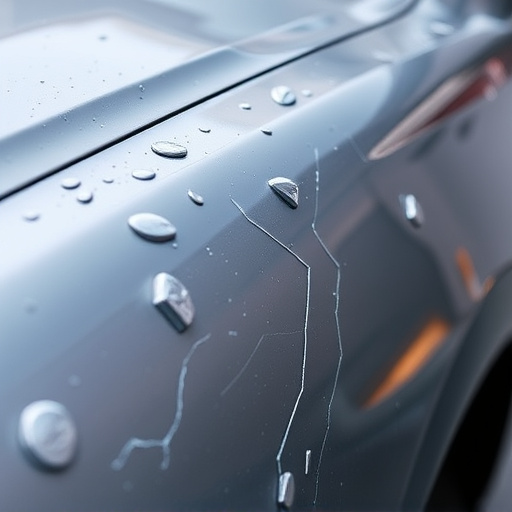
When you decide to replace your Mercedes grille, it’s natural to wonder how this change might impact your car’s sensors. After all, the grille is more than just a decorative element; it plays a significant role in protecting essential components beneath, including various sensors crucial for vehicle safety and performance. The good news is that a simple Mercedes grille replacement typically doesn’t affect the sensor functions directly. These sensors are designed to be robust and often have backup systems in place.
However, if the grille replacement involves extensive modifications or requires adjustments to the car’s front end, there could be indirect impacts. For instance, changing the angle or placement of the grille might influence the line of sight for certain sensors, such as those used for adaptive cruise control or lane-keeping assistance. In rare cases, misaligned or damaged sensor housings due to improper grille installation could lead to malfunctions. Therefore, it’s essential to ensure professional installation and check for any potential sensor interference during or after the Mercedes grille replacement process, especially when considering a more intricate design or custom modifications.
Ensuring Safe Operation After Grille Replacement
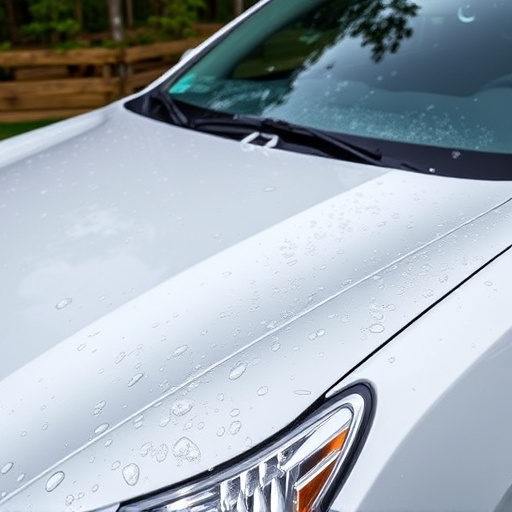
When replacing a Mercedes grille, it’s paramount to consider the potential impact on sensor functions for optimal safe operation. Many modern vehicles, including Mercedes models, incorporate sensors within their grilles for tasks like collision detection, lane departure warnings, and adaptive cruise control. These sensors are delicate components that require precise alignment and positioning. During a grille replacement, even minor disruptions or misalignments can compromise the effectiveness of these safety systems.
To ensure continued safe operation after a Mercedes grille replacement, it’s crucial to seek services from a reputable auto collision center specializing in mercedes benz collision repair. Skilled technicians understand the intricate interplay between vehicle sensors and exterior panels. They employ specialized tools and procedures to accurately calibrate and re-align sensors post-replacement, ensuring they function at peak performance. Additionally, these centers often offer tire services as part of their comprehensive range, addressing any related adjustments needed for safe and efficient driving.
Mercedes grille replacement is a common maintenance task that, when performed correctly, should not significantly impact sensor functions. Understanding the process and taking precautions during installation are key to ensuring safe operation. While some sensors may be temporarily affected, proper calibration and testing post-replacement typically resolve any issues. Regular maintenance and adhering to safety guidelines will keep your Mercedes running smoothly with an efficiently functioning grille and associated sensors.

